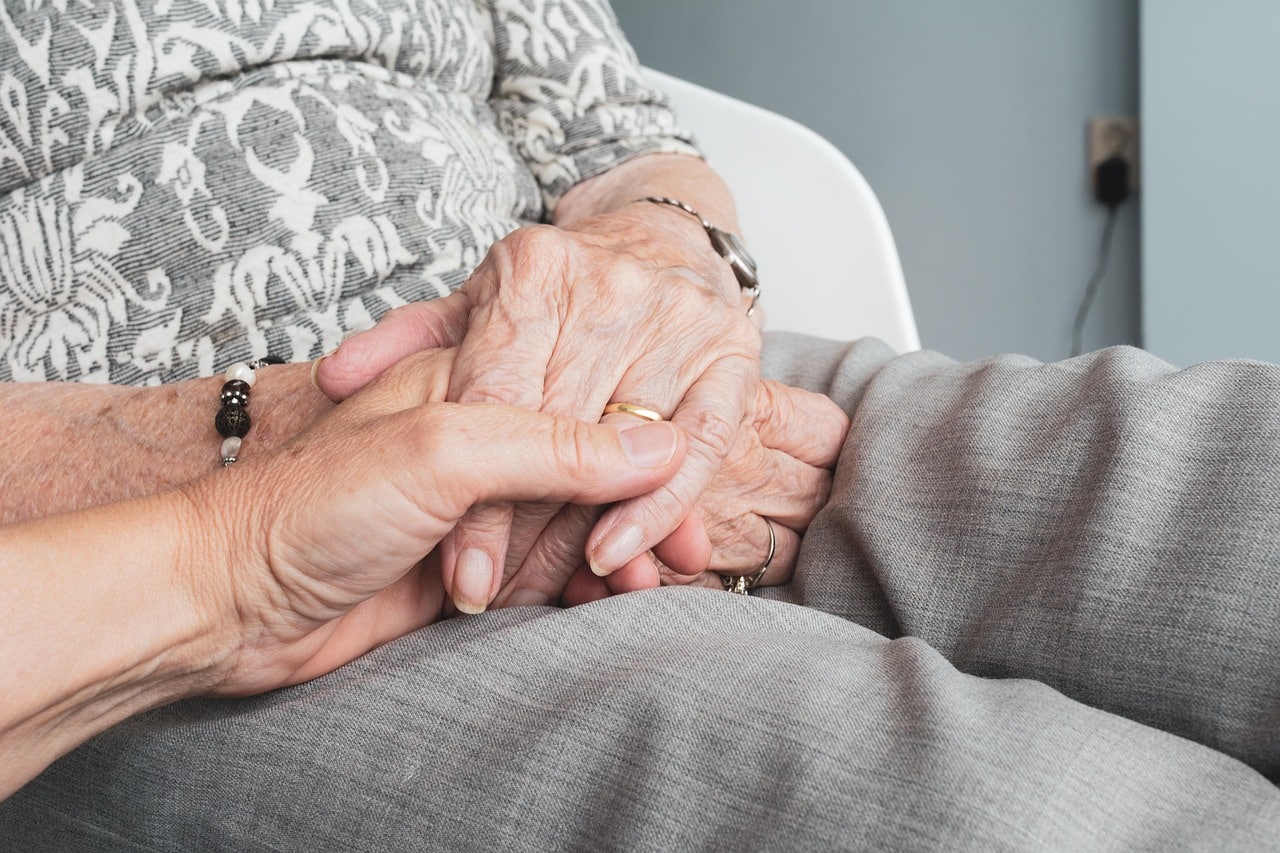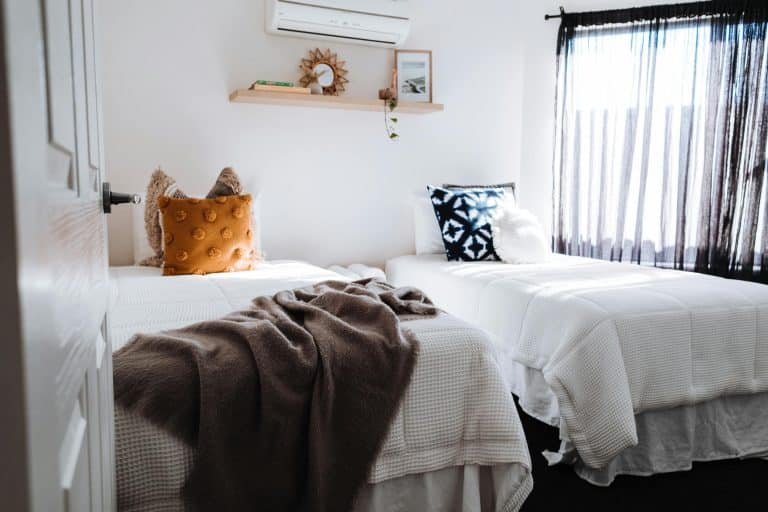Table of Contents
- Introduction
- Enhanced Safety and Security
- Personalized Care Plans
- Emotional Support and Companionship
- Improved Health Outcomes
- Respite for Family Caregivers
- Cost-Effectiveness
- Maintaining Independence and Dignity
- Familiar and Comfortable Environment
Introduction
When the need for continuous support arises due to aging or chronic health conditions, families often seek solutions that provide safety and comfort for their loved ones. Round the clock care is an increasingly popular option, ensuring loved ones have access to consistent, high-quality assistance without the disruption of leaving home. By receiving care at home, individuals maintain a sense of security and dignity, fostering better mental and physical outcomes over time.
This level of service offers physical support and holistic care that nurtures emotional well-being and provides family caregivers with much-needed respite. Families considering their options will find that round-the-clock care is a solution tailored to each client’s diverse needs, offering personalized attention and adapting as those needs evolve.
Enhanced Safety and Security
A major advantage of 24-hour home care is the enhanced level of safety and security it provides. With caregivers present at all times, risks such as falls, wandering, or unnoticed medical issues can be mitigated quickly and effectively. Immediate assistance is available for mobility challenges, medication reminders, or emergencies, helping to prevent complications that could result in hospitalization. The ongoing supervision also brings tremendous peace of mind to families, knowing their loved one is never alone in times of need.
Personalized Care Plans
No two individuals have identical care requirements. Comprehensive home care providers collaborate with families and healthcare professionals to design highly individualized plans, tailored to each person’s medical needs, daily routines, and personal preferences. Whether it’s assistance with bathing, dressing, mobility, or specialized care for conditions such as dementia or diabetes, this customized approach ensures optimal comfort and health outcomes. Personalized plans can adapt over time, responding to changing circumstances and growing or diminishing needs.
Emotional Support and Companionship
The significance of emotional well-being cannot be overstated for anyone receiving ongoing care. Professional caregivers bring more than just practical help—they become trusted companions, providing empathy, conversation, and opportunities for social engagement. From sharing meals to enjoying hobbies and community activities, this companionship is invaluable in countering the feelings of loneliness or isolation that can arise at home. These supportive relationships foster resilience and improve overall quality of life. According to the Centers for Disease Control and Prevention (CDC), social interaction is linked with improved mental health and stability in seniors.
Improved Health Outcomes
Continuous home care has a profound impact on maintaining and improving health. Through close monitoring, caregivers can keep track of changes in symptoms, encourage medication compliance, and help with therapeutic exercises. This proactive approach allows the early identification of potential health problems and quick intervention, which can reduce the frequency and severity of hospitalizations. By collaborating closely with healthcare professionals, in-home caregivers play a vital role in supporting recovery from illness or surgery, managing chronic conditions, and promoting daily well-being. Studies suggest that those who receive regular support at home are more likely to adhere to treatment plans and experience fewer medical complications.
Respite for Family Caregivers
Primary caregivers, often family members, shoulder demanding and round-the-clock responsibilities that can become overwhelming over time. Professional home care offers invaluable relief, allowing family caregivers to address personal needs, maintain employment, or simply take time to recharge. This balance is essential for preventing caregiver burnout and ensuring that loved ones continue to receive the best care possible. Families are reassured that professional, compassionate assistance is always available, without needing to navigate rotating schedules or last-minute staffing crises.
Cost-Effectiveness
Though the initial costs of 24-hour in-home care may appear high, many families discover it is more cost-effective long-term than residential nursing facilities or frequent hospital stays. Families often find flexibility and savings in home-based solutions by paying only for the care required—and eliminating associated expenses like facility amenities or communal services. Effective care at home also helps prevent costly medical emergencies or readmissions through constant supervision and prompt response to health issues. Strategic use of in-home care aligns support to the family’s budget and priorities, concentrating resources where they are needed most.
Maintaining Independence and Dignity
Remaining in their own home allows individuals to retain autonomy, stick to their preferred routines, and make personal decisions about their daily lives. Caregivers step in only where needed, promoting confidence and a sense of control. This respectful approach to care is crucial for preserving dignity, especially when adjusting to life’s later stages or chronic illness. Independence fuels a sense of accomplishment and purpose, key ingredients for emotional resilience and sustained well-being.
Familiar and Comfortable Environment
Home is often filled with memories and personal treasures, serving as a secure foundation for well-being. Receiving professional help in this environment enhances comfort and promotes healing, as individuals are surrounded by everything familiar. The emotional benefits of home—combined with tailored care—are linked to greater satisfaction and faster recovery rates. Studies show that people are often more relaxed and cooperative in their own homes, contributing to better physical and mental health outcomes.
Comprehensive 24-hour home care delivers unmatched benefits by blending medical, emotional, and practical support in the familiar home surroundings. This approach not only improves safety and health outcomes but also supports independence, dignity, and meaningful quality of life—for both care recipients and their families.











